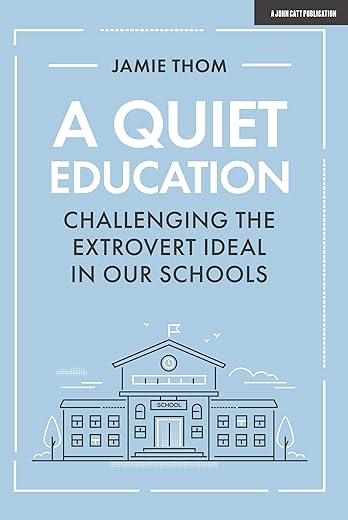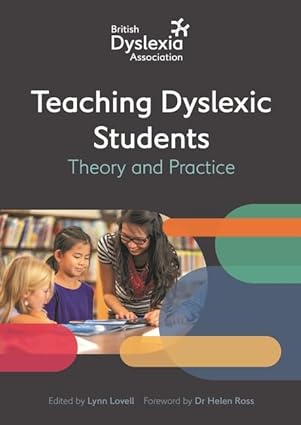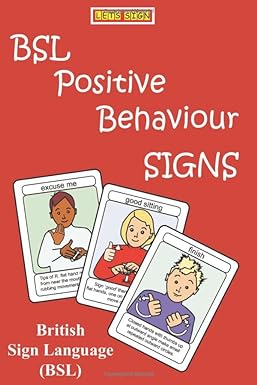A Quiet Education: Challenging the extrovert ideal in our schools
£14.30
‘A Quiet Education’ serves as an unashamed cheerleader for all that is quiet, challenging the myth that collaboration and noise should be at the heart of what happens in schools. It examines how we can ensure more introverted students and teachers can thrive and achieve their potential. It also explores why it is essential that all teachers begin to embrace quieter values: in their classrooms and management of behaviour; in sustaining their own wellbeing; in their desire to reflect meaningfully and improve as a teacher. The final section is an exploration of quieter skills: how we can strengthen our students’ metacognitive ability; their ability to listen, pay attention and focus; the quality of independent work we do in the classroom alongside how we can motivate all our students.
Read more
Additional information
| Publisher | John Catt Educational Ltd (19 Feb. 2020) |
|---|---|
| Language | English |
| Paperback | 180 pages |
| ISBN-10 | 1912906759 |
| ISBN-13 | 978-1912906758 |
| Reading age | 18 years and up |
| Dimensions | 14.61 x 1.27 x 20.96 cm |










by Trix
This book reminds me why it is such a privilege to work with young people. Challenging extroversion as a dominant paradigm but more than that, challenging teachers to look closer at the young lives in our classrooms and to take care when we talk with them and about them. Take a closer look, those traits that you worry about most in your students might be in you too- waiting to be noticed and appreciated. This book is a ‘quiet’ reminder of Frank McCourt’s assertion in Teacher Man – ‘we’re in this together’.
by C L McGrath
I was drawn to this title as someone who has been labelled “quiet” and “un-confident” throughout their teaching career. I only wish I’d found it sooner.
I’m not the most articulate person who can rave about this book in the way I think it is deserved etc but in summary;
Please buy this book if you’re a teacher who has ever been labelled quiet. Please buy this book if you’re considering a career in teaching but have been told that you’re “too quiet”. Please buy this book if you’ve ever uttered that stereotypical report comment “a great student, if only they’d speak up more.”
A fantastic read
by A. Wright
I have really enjoyed this book. Its matter of fact tone reminds us quieter teachers that our skills and abilities are worthwhile and valuable to the profession, something that is not always obvious. Each chapter includes strategies to help teachers and also, importantly to bring out the best in our quieter pupils who may shrink from answering questions in front of others. The Quiet Reflection at the end of each chapter also provides the perspectives of others in the profession across a range of settings, offering a range of useful insights.
Definitely worth reading – a book I will revisit to develop my own teaching practice.
by Gordanovilla
I’d like to hugely recommend @teachgratitude1 ‘s book ‘A quiet education’. So many great tips for supporting introvert students,&words of wisdom for introvert teachers. It’s the book I’ve decided I’m going to have on my desk in 2020-21. Silent live modelling? Genius! It draws on brilliant egs,& highlights the power of nurturing quiet, reflective time. As teachers,we need to remove the ‘b’ word and our prejudice towards the extrovert ideal
A must-read.
by COLIN MCGILL
If you are looking for a book that will challenge your thinking then this is a great read. It shines a light on the idea that extrovertism is the default position in education, and how this makes life difficult for pupils, teachers and leaders who may be towards the other end of the extrovert-introvert spectrum. The book is devoted to demonstrating how as teachers we can support all the introverted pupils in our class (using strategies that will benefit all pupils). Part II: Quiet for teachers and leaders explores the impact of taking a quieter approach to behaviour management, what can be learned from quieter teachers, and how to avoid burnout. Part III of the book looks at how we can devlop ‘quiet’ skills to improve the learning in the classroom. There are ‘Quiet reflections’ at the end of each chapter where various contributors explain their practice, and little anecdotes/case studies spread throughout tghe book.
When I read this book, it made me wish I was back in the classroom so that I could try out the strategies mentioned (and put right a lot of mistakes that I made).
by Scott
‘A Quiet Education’ is a brilliant book. It has made me think and I have a learned a lot from reading it. I say this as someone who reads a lot of books about education. This book has something different to say and its messages are very important. It is also very well written, making it an enjoyable read. I am going to recommend ‘A Quiet Education’ to as many people as I can – every teacher and school leader needs to read it.
by LE
I’ve always known that quiet students are under-rated, having taught many who have articulated themselves beautifully on paper. This book was written for them, who are all too often overshadowed by their more vocal classmates.
However, this book also consider quiet teachers and even quiet leaders – which seemed to me an oxymoron at first. When reading, I recalled being mortified when I had to teach a micro lesson to my peers as a PGCE student which made me convinced that such a performance profession as teaching wasn’t for an introvert like me. Before I read this, I saw my introversion as a weakness and a barrier that I was trying to overcome one presentation at a time. However, this one book has managed to change my mind and see my introversion as a desirable trait such as reflectiveness.
by MI
I enjoyed Jamie’s first book ‘Slow Teaching’ and was very excited to read this one too, and it did not disappoint. I’m an experienced teacher but always have felt that my introvert nature was at my detriment, and not something to be valued. This book has made me reevaluate that and to realise that those of us who are more comfortable as introverts have a lot to offer, both as classroom teachers and as leaders. I found this book incredibly empowering and have already made changes to the language I use when talking about introverted children.